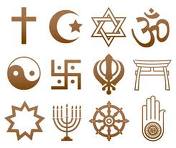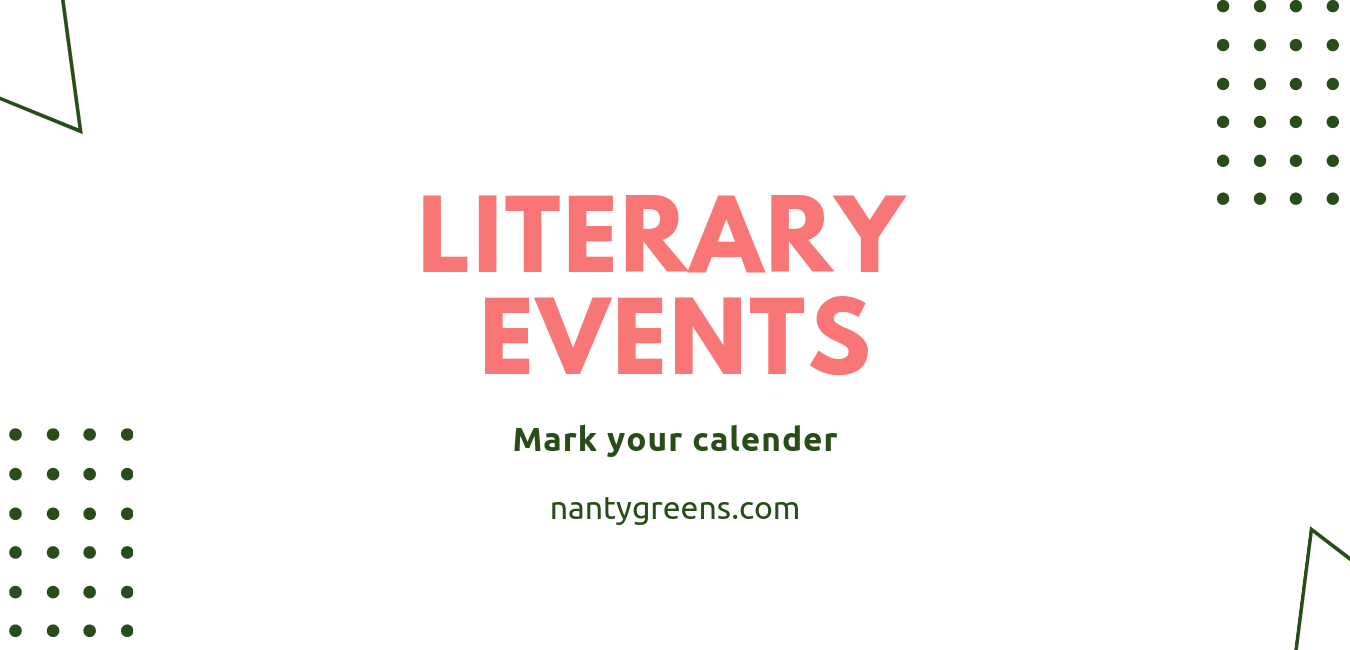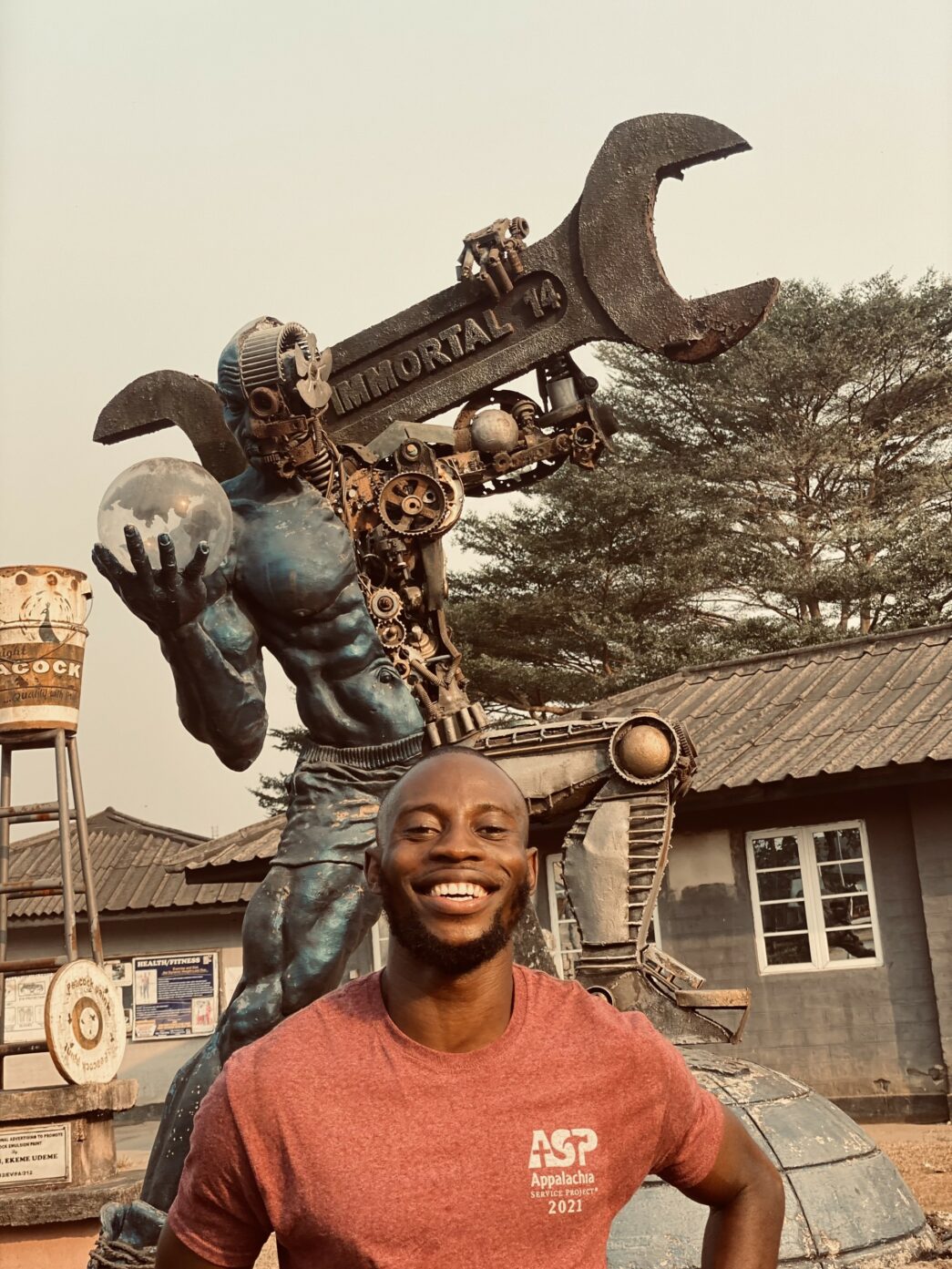“Man was born free and he is everywhere in chains…” – Jean Jacques Rousseau (1762)
The maxim above reads deliciously on paper and rolls even better on the tongue. A cursory glance at it might make one discard it as a possible oxymoron to be left for thinkers to demystify or simplify. However, a closer inspection reveals nothing hidden or cryptic about the message of the quote.
What it simply states is that, despite the free will of man, man is still bound by the will of secondary agents/institutions outside his will. To elaborate further, let us chart the fictional history of man from inception till death.
From birth a baby has no choice over what it eats, what it is called, what family it is born into or what things he/she is taught. As his/her power of will increases, society’s binds continue to undermine total free will in a myriad of patterns which take civil, political, social, religious etc forms. For example, a church priest would frown at and castigate an adherent visiting an Ifa shrine even though the person in question is supposedly free.
This brings to the fore the concept of reality and perspective. A person born into a Muslim home and that has been well-grounded in Islamic knowledge sees truth and reality often from an Islamic perspective. His world view is Islamic and because of the intolerance that he has been taught for other world religions, he dismisses other avenues or perspectives which in his judgment cannot be true. While his perspective or reality as the case may be is true, it is not in all fairness, objective. To buttress this analogy, examine the case of two belligerents; a community and a minority terrorist cell within the same community. The community as a whole represent humane values; good, truth and sanctity of life while the terrorist cell represent evil incarnated. However, alienate ethics or morality and dissect the metamorphosis of members of the cell and you discover it is not totally their will even when they themselves argue so. Their will has been steadily molded to fit that exact reality in a perpetual process of indoctrination since childhood just like those in the community. If the reverse was the case and members of the community were schooled like those of terrorist cell, it is not unlikely we would still arrive at the same scenario.
Consider these statements;
(1) all existing religions and faiths accept that there is ONE “supreme” Creator (Including polytheistic faiths).
(2) All humans are of this ONE “supreme” Creator.
(3) Taking another’s life is considered sinful in all faiths.
And so we wonder why adherents of a faith kill each other or kill those of different faiths in the name of the Creator, why there was need for pogroms, jihads or the crusades. Even, if they had sinned against their Creator and deserved to die, was he so powerless and defenseless that he needed human avengers? This was the same creator said to have single-handedly destroyed countless numbers of sinful men in the holy books. How then did he end up needing protectors?
Theorists have pinpointed the variations in religious ideology as the causative factors for the irreconcilable divide in perspective but this raises further questions like; should religious adherents make mortal enemies of their fellow men in their bid to follow dogmas at the expense of achieving oneness with the Creator and how really dissimilar are the numerous world faiths?
A zealot would readily step out and reel off a list of differences between the Hindu/Buddhist faith to the Christian and the Jewish to the Islamic as long as or probably longer than the River Nile. Fortunately however, we have documented history to thank for bringing startling facts close to home. These facts chart a yet to be disproved chronology, analogy and history of religion which suggests succinctly that all religions evolved and metamorphosed one into the other. Or how does one explain the recurrence of the ‘afterlife’ in all these faiths albeit with variations? How do we explain the fact that the pig is considered unfit for eating by Jews and Muslims alike or that Hindus also practice ablution before some prayers? How also do we explain the recurrence of sacred sites and pilgrimages in all faiths?
This debacle or imbroglio calls to mind an ancient anecdote about a group of blind men and an elephant. All were trying to determine what the elephant was by touching a part of it and they ended up disagreeing over their results. Now, it is widely accepted that no one man can fully grasp the understanding of the Creator. If so, let us imagine that the elephant is the Creator and the blind men, humankind. Have we not solved the debacle?
This same anecdote has manifested in several ways than one, from Buddhist traditions, to folktales, to stories and poems. At the end of one of such Buddhist traditions, ‘The Buddha’ likens the blind men to preachers and scholars who are so blind and ignorant that they discredit the view of others. ‘The Buddha’ uses the following poem to drive the point home:
O how they wrangle and cling, some who claim
For preacher and monk the honored name!
For, quarreling, each to his view they cling
Such folk only see one side of a thing.
Mathew 15:14 also continues in the same stream;
Let them alone: they be blind leaders of the blind
And if the blind lead the blind, both shall fall into the ditch
It is no secret that religion has always been a malleable tool for political ends. A simple analysis of the pogroms, jihads and crusades will reveal this unsavory fact and it is no news that some strains of terrorism strive on religion. But shouldn’t we ask ourselves if we must continue to repeat history rather than learn from it? Should religion continue to be our opium? Is oneness with God our reason for being religious? Shouldn’t we cross-check what we are being taught? And how supreme can anyone’s knowledge of the Creator be?
Jean Jacque Rousseau author of the famed ‘Social Contract’ and the quote at the beginning of this treatise believed that ‘in so far as they led people to virtue, all religions are equally worthy’. Castes, the act of proselytization and a dogmatic process of indoctrination have made the monotheistic religions more helpless than helpful in creating a peaceful world. On the contrary, the henotheistic, polytheistic, and pantheistic faiths seem to have an enduring tolerance of other faiths, perspectives, and realities which monotheistic religions really should adopt if global peace is to be attained. The onus thereupon falls not only on teachers/preachers etc but also on followers to seek truth and upon finding it, practice it. Sir Ramakrishna (1836-1886) a religious teacher said thus;
“Lovers of God do not belong to any caste… A Brahmin (teacher)
without this love is no longer a Brahmin. And a pariah (outcast)
with the love of God is no longer a pariah. Through bhakti
(devotion to God) an untouchable becomes pure and elevated”
It is no wonder then that men like Gandhi and Martin Luther King Jr were so similar despite being so far apart. They led remarkable lives and epitomized these principles, the same principles that Jesus Christ taught some millennia ago.
Prophet Muhammad was also quoted to have said “seek knowledge even as far as China’ using China then to emphasize how far one must go in search of knowledge. This same quote has been discredited by some scholars who have labeled it weak. This only serves to corroborate the view that man is constantly at war with his beliefs for even though each faith has one holy book, sects keeping appearing by the minute. So, we should ask ourselves ‘why have so many “religious” parties if the ideology is the same? To borrow the famous singer Asa’s question from her song Questions, ‘why is there so much religion yet there’s so little love?’
Nevertheless, that we are in chains is hardly in doubt but how far we remain in them is perhaps the only choice we have. Whether it is Yahweh, Allah, Zeus, Iovis, Tiu/Ziu, Vishnu, or the big bang, the fact remains that we (excluding atheists) all believe in an unexplainable higher power. So if at the end, one goes to Nirvana, Moksha, Al-jannah, Loka, Shangri-la or Paradise it would still have served the same purpose, a connection with one’s reality of the Creator just like each of the blind men. Religious bigotry i.e. believing one’s religion is the only acceptable reality is in essence giving the Creator a back-seat in the judgment of man.
Invariably, religious bigotry is as baseless as racism. Therefore, mutual respect and tolerance is needed for us to co-exist peacefully and harmoniously on earth for religion might just be the machine to trigger the world’s first and only omnicide.









Great article, brings to fore, the many questions, people are afraid to ask. Too many religions abound and some in their dogma, do not encourage an enquiring mind. An aspect i personally see as dangerous, and to me, Religion has become a dangeous sedative. How can you live your life or follow a path blindly. what then is the purpose of the cerebral matter that the good Lord gave us.
The impact of religion is worse , in some parts of the world than others, just yesterday my son and were rubing minds on the subject, he opined, that of all the religions, Christianity was the worst culprit in discouraging an an enquiring mind, which i concur. This probably is because Christianity was and still is a tool of slavery and colonisation. That said, i think the time has come for Black people the world over and Africans in particular, to do a gruelling soul search and free their minds.
The only chains we are in are the ones we put around our own necks, and its each man for himself. If any one comes to help, its with the individuals consent………..of course this is not a literal statement but anyone who has been elevated to the knowledge of the intricate weaving of fateful threads that lies behind the everyday happenings will at the same time know how we influence even the circumstances of our earthly birth to the minutest details of place and time not to mention our self chosen choice of parents etc…………
……So many religion and yet, so few love- Asa. Very deep article indeed!
I quite agree with the post, but I do not think that religion should either be an opium or a sedative. But if we concentrate more on listening to and understanding the similarities in our chosen/inherited religions rather than arguing away our superiority (sometimes violently) we might give world peace a chance and also come to a better knowlwdge of ourselves as humans.